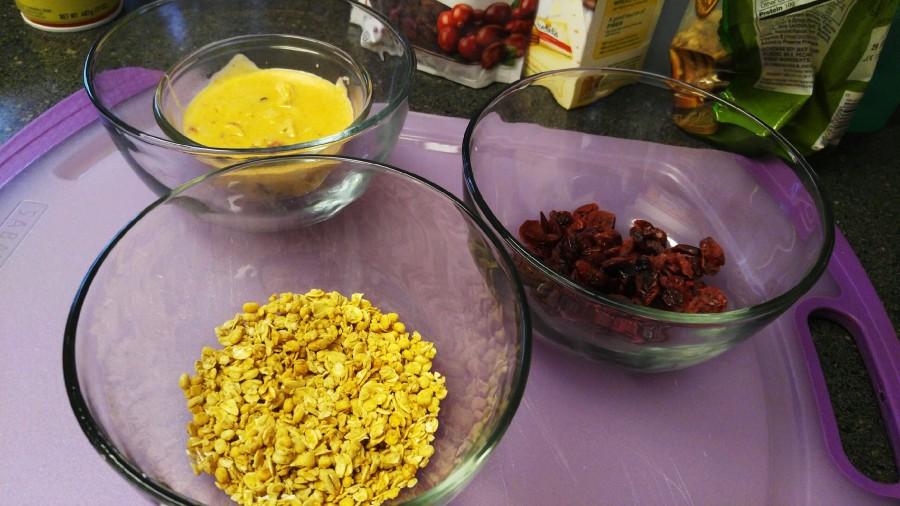Is that actually good for you?
March 10, 2016
With more people choosing to follow a healthy lifestyle, the most important part that comes into question is food.
While there are various nutritious foods out there that are both good for the body and taste great, there are also some foods that are health-based but bear no true health benefits. From fat free salad dressings to diet and sugar-free drinks, many of these foods share labels that sound healthy, but in reality, are not so good for the body.
In an attempt to find out the truth about all of these so-called healthy foods, we spoke with Molly Kimball, registered dietitian and nutrition consultant, to explore which foods and snacks are rich in nutrition and which only look healthy from the labels.
Granola bars: From oats and honey to chocolate chip, granola bars come in handy for a quick snack on-the-go. However, not all granola bars are created equal. Kimball said that the majority of these bars are not good for us.
“The reason why most aren’t healthy is the added sugar. All brands are different. Some have five or six grams of added sugar while some try to limit it. This isn’t natural sugar like corn sugar,” Kimball said. “The key is to look for brands and specific product swaps such as Nature Valley Protein bars, those that have more protein than sugar.”
Dried fruit: Dried fruit is a healthy alternative when snack cravings kick in. A simple swap from potato chips to banana chips makes all the difference, but are dried fruits as healthy as everyone makes them seem? According to Kimball, the texture of the fruits is how to tell if any extra sugar is added.
“It depends. Dried and chewy fruits tend to have added sugar and concentrated natural sugars. I wouldn’t recommend dried fruits for those controlling calories,” Kimball said. “Freeze-dried fruits and those pressurized super crispy-like chips are alternatives to regular dried fruits. Apple chips have low calories and brands such as Bare Snacks that have fruits like apples, berries and peaches are all-natural and have low sugar and calories.”
Salad dressings (fat free): A great, healthy dressing is what makes all the difference in a salad, but according to Kimball, many don’t know that dressings labeled “fat free” tend to still include fillers.
“Once the fat is removed, it’s filled with something like starches and carbohydrates. Another thing that is high is the sodium and some dressings have 600-800 milligrams of sodium,” Kimball said. “To keep the salad and dressing healthy, just keep the calories in check and make sure the fat isn’t through the roof.”
Alternatives to dressings can be olive oil or vinaigrette.
Diet sodas and drinks: The guilty pleasure of having a soda tends to follow some who still want to maintain a healthy diet.
Because of this, many people choose to have diet sodas that claim they have less sugars, but Kimball said that these drinks can be addicting.
“There is debate and concern of the long-term consumption of artificial sweeteners so I would recommend that if people choose to drink them they do so in moderation. These drinks are not health foods but if they make you happy, have only one or two a day, or instead, drink water,” Kimball said. “Alternatives to diet and sugar-free sodas are bubbly drinks or sparkling, flavored waters such as Viva flavored water.”
Sports drinks: Popular among athletes, sports drinks stand by the idea that they contain electrolytes that keep them hydrated; however, Kimball said that this is not always the case.
“These aren’t always healthy. These typical drinks contain sugar, artificial color and not many electrolytes,” Kimball said. “I would never recommend these while on a diet or even an athlete who sweats a lot. You can gain those electrolytes from things like coconut water or low calorie Nuun tablets that you can put into your water bottle while at the gym. V8 Juices are also a healthy alternative. This way you get the potassium and none of the artificial stuff.”









